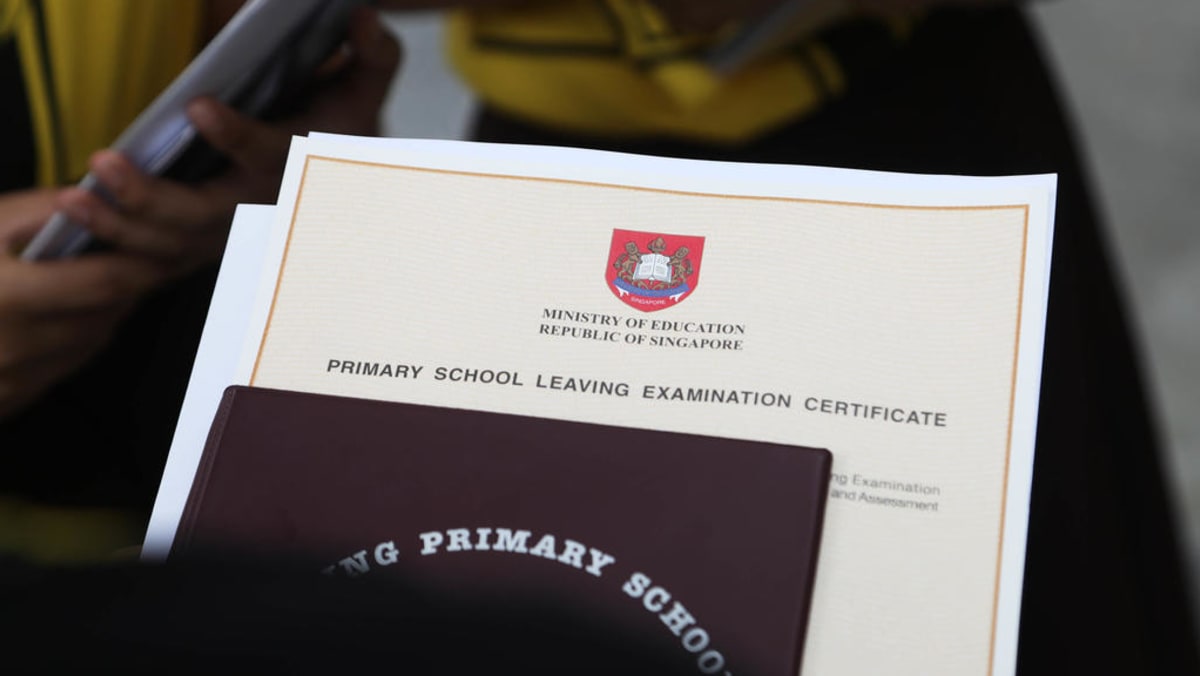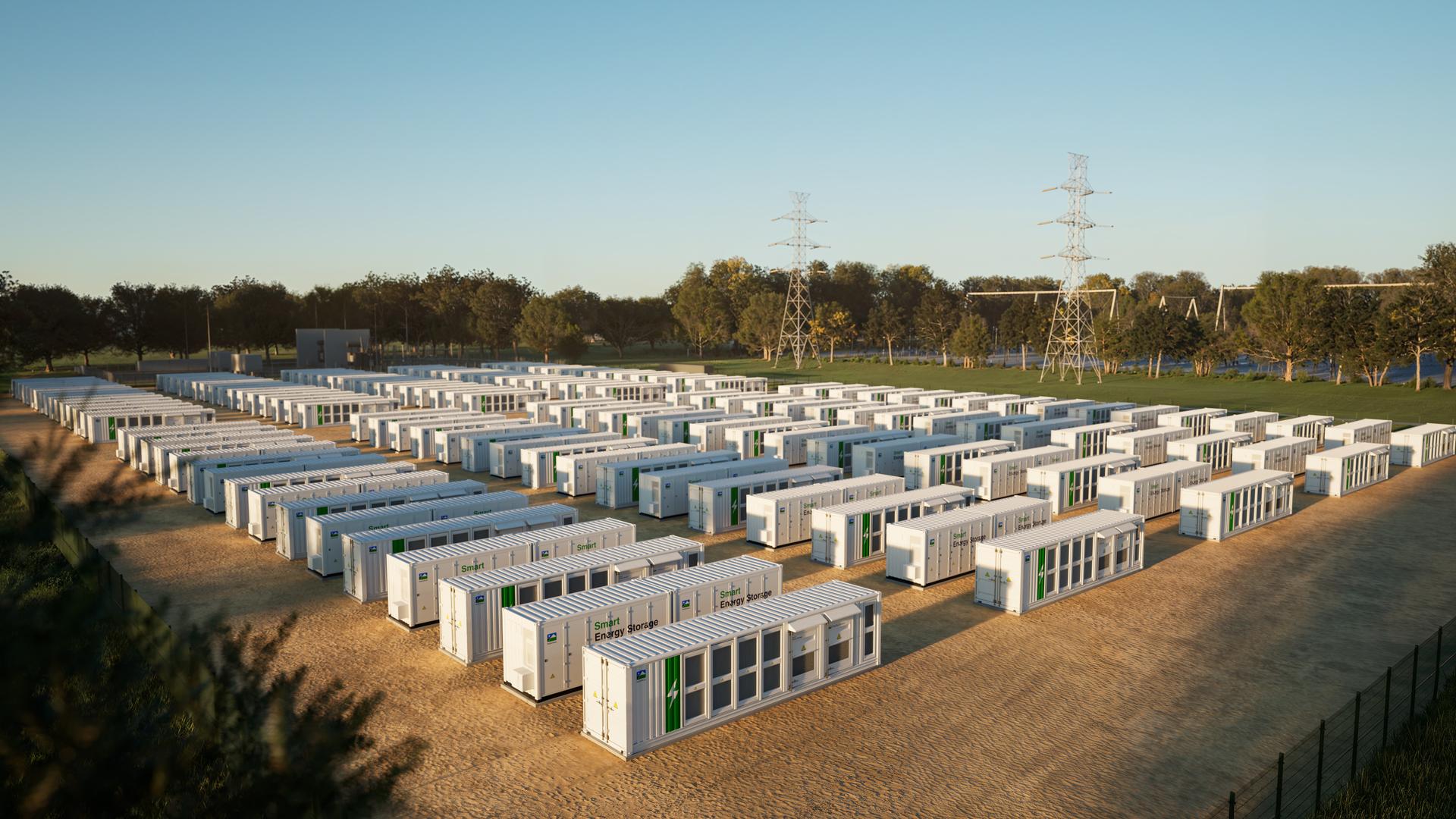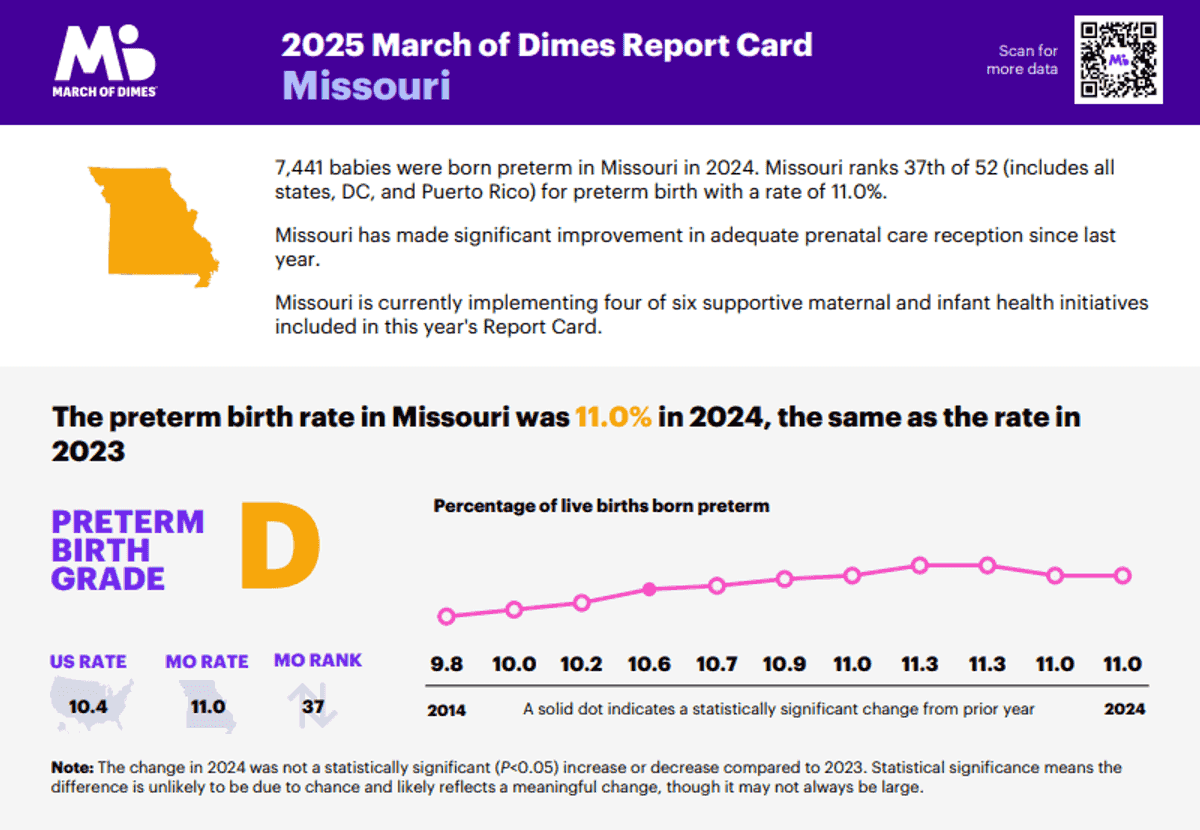Trump’s mass deportation campaign is interfering with the criminal justice system – KJZZ

Report on the Conflict Between U.S. Deportation Policy and the Criminal Justice System
Executive Summary
An analysis of current United States immigration enforcement reveals a significant conflict between administrative deportation priorities and the functions of the criminal justice system. This tension directly undermines progress toward key Sustainable Development Goals (SDGs), particularly SDG 16 (Peace, Justice and Strong Institutions) and SDG 10 (Reduced Inequalities). According to immigration law expert Angela Banks, Vice Dean of ASU’s Sandra Day O’Connor College of Law, the administration’s focus on maximizing deportations, including through expedited removal processes, is preventing the prosecution of non-citizens accused of crimes. This report details the mechanics of this conflict and its adverse impact on the principles of justice, accountability, and institutional integrity.
Analysis of Conflicting Legal Frameworks and Institutional Integrity
The Dual System: Civil Immigration vs. Criminal Justice
The core of the issue lies in the operation of two distinct legal systems within the United States:
- The Civil Immigration System: Governed by the executive branch through the Department of Justice, this system handles immigration violations, which are civil, not criminal, matters. Proceedings occur before immigration judges, and there is no constitutional right to government-provided counsel. This system is designed to determine an individual’s deportability.
- The Criminal Justice System: Operating under the judicial branch at state and federal levels, this system adjudicates criminal offenses. Defendants are entitled to legal counsel and due process, including trials and appeals.
The current policy prioritizes the swift processes of the civil immigration system over the necessarily slower proceedings of the criminal justice system, creating a direct challenge to the development of effective and accountable institutions as mandated by SDG 16.
Prioritizing Deportation Over Criminal Accountability
A significant consequence of current enforcement strategies is the deportation of non-citizens before they can be held accountable by the criminal justice system. This includes instances where individuals accused of serious crimes, such as murder, have been removed from the country prior to trial. This practice directly contravenes the objectives of SDG 16.3, which aims to promote the rule of law and ensure equal access to justice for all, as it denies communities the opportunity for legal resolution and justice for crimes committed.
Implications for Sustainable Development Goals
Erosion of SDG 16: Peace, Justice, and Strong Institutions
The current deportation campaign actively weakens the foundations of justice and institutional strength in several ways:
- Compromised Due Process: The increased use of “expedited removal” allows for deportation without a hearing before an immigration judge. This circumvents judicial oversight and erodes the principle of due process, a cornerstone of SDG 16.
- Institutional Friction: Prosecutors are increasingly finding their efforts to try criminal suspects thwarted by immigration enforcement actions. This breakdown in cooperation between executive enforcement agencies and the judiciary signifies a weakening of institutional effectiveness and accountability, as called for in Target 16.6.
- Impeded Access to Justice: The rapid pace of deportations makes it difficult for non-citizens to secure legal representation. This lack of access to counsel is a direct barrier to the “equal access to justice for all” goal outlined in Target 16.3.
Impact on SDG 10: Reduced Inequalities
The policies disproportionately affect non-citizens, a vulnerable population, thereby exacerbating inequalities in contravention of SDG 10.
- Inequality of Outcome: By operating under a separate legal framework with fewer protections (e.g., no guaranteed counsel), the system creates a profound inequality of outcome for non-citizens compared to citizens, undermining Target 10.3.
- Failure of Well-Managed Migration Policies: The chaotic consequences, where criminal justice is subverted, indicate a failure to implement the “planned and well-managed migration policies” called for in Target 10.7. Instead of fostering an orderly system, the policy creates negative societal outcomes and undermines public trust in legal institutions.
Broader Societal Concerns and Future Outlook
Precedent and the Rule of Law
Legal experts express concern that the erosion of due process for non-citizens could set a dangerous precedent. Tactics and procedures normalized against immigrant populations could potentially be expanded to affect citizens in the future. This represents a systemic threat to the rule of law, a foundational element of SDG 16, and suggests a “canary in the coal mine” scenario for American jurisprudence.
Conclusion
The current U.S. deportation strategy, while aiming to increase removal statistics, is causing severe and unintended consequences that are in direct opposition to globally recognized development goals. By prioritizing administrative removal over criminal prosecution, the policy undermines the rule of law, weakens judicial institutions, and deepens societal inequalities. These actions represent a significant regression from the commitments enshrined in SDG 16 (Peace, Justice and Strong Institutions) and SDG 10 (Reduced Inequalities), posing long-term risks to the integrity of the American legal system as a whole.
SDGs Addressed in the Article
-
SDG 16: Peace, Justice and Strong Institutions
- The article extensively discusses the functioning of legal systems, specifically the tension between the civil immigration system and the criminal justice system. It raises significant concerns about due process, the rule of law, and access to justice for non-citizens, which are central themes of SDG 16. The expert, Angela Banks, highlights how current deportation practices challenge “due process and justice in American law.”
-
SDG 10: Reduced Inequalities
- The article focuses on the treatment of a specific, vulnerable group—non-citizens and immigrants—and how policies are creating unequal outcomes for them within the legal framework. The discussion on the lack of free counsel in the immigration system, unlike in the criminal system, and the use of expedited removal procedures points to inequalities in legal protection and opportunity based on citizenship status.
Specific SDG Targets Identified
-
Target 16.3: Promote the rule of law at the national and international levels and ensure equal access to justice for all.
- This target is directly relevant as the article describes how deportation policies are undermining access to justice. Angela Banks states that with the “increased use of expedited removal,” individuals are “being deported without going before an immigration judge.” This practice denies a formal judicial hearing. Furthermore, the article points out that non-citizens “do not get free counsel in the immigration system,” which is a significant barrier to equal access to justice compared to the criminal system.
-
Target 16.6: Develop effective, accountable and transparent institutions at all levels.
- The article highlights a lack of institutional effectiveness and accountability. The conflict arises because immigration enforcement prioritizes “creating these quotas each month,” which interferes with the work of prosecutors. This suggests an institution (immigration enforcement) operating with narrow, non-transparent priorities that are not accountable to the broader justice system. The breakdown in cooperation, where prosecutors have to “file some legal complaints” against immigration officers, demonstrates a lack of effective inter-institutional process.
-
Target 10.7: Facilitate orderly, safe, regular and responsible migration and mobility of people, including through the implementation of planned and well-managed migration policies.
- The article describes the “mass deportation campaign” as a policy that is not well-managed due to its “unintended consequences.” The policy’s implementation interferes with criminal prosecutions, such as when a “suspect of murder… was deported before any of that prosecution could happen.” This demonstrates a failure to implement a planned and responsible policy that considers its impact on other critical state functions like the justice system.
Indicators for Measuring Progress
-
Proportion of individuals deported without a judicial hearing.
- The article implies this indicator by repeatedly mentioning the “increased use of expedited removal.” Angela Banks explains this means “individuals are being deported without going before an immigration judge and having a judge decide whether or not they are in fact deportable.” Tracking the number or percentage of such removals would directly measure the decline in access to judicial review, which is a key component of Target 16.3.
-
Number of criminal cases impeded by the deportation of suspects or witnesses.
- This indicator is directly suggested by the article’s examples. It mentions “increased reports” of cases where “witnesses in a criminal proceeding have been deported before they can testify” and a specific local case where a murder suspect was deported before trial. Counting these instances would measure the negative impact of deportation policies on the criminal justice system’s ability to function, relating to both Target 16.3 (access to justice for communities) and Target 10.7 (well-managed policies).
-
Ratio of deportees with criminal records to those without.
- The article explicitly points to this data, stating that while deportations are increasing, “the number of undocumented immigrants with criminal records who are being deported is going down.” This ratio serves as a direct indicator of whether the deportation policy is achieving its stated goal of targeting “the worst of the worst,” and thus measures the effectiveness and management of the policy under Target 10.7.
Summary of Findings
| SDGs | Targets | Indicators |
|---|---|---|
| SDG 16: Peace, Justice and Strong Institutions | 16.3: Promote the rule of law at the national and international levels and ensure equal access to justice for all. |
|
| 16.6: Develop effective, accountable and transparent institutions at all levels. |
|
|
| SDG 10: Reduced Inequalities | 10.7: Facilitate orderly, safe, regular and responsible migration and mobility of people, including through the implementation of planned and well-managed migration policies. |
|
Source: kjzz.org

What is Your Reaction?
 Like
0
Like
0
 Dislike
0
Dislike
0
 Love
0
Love
0
 Funny
0
Funny
0
 Angry
0
Angry
0
 Sad
0
Sad
0
 Wow
0
Wow
0










/campaigns/16-days-of-activism-against-gender-based-violence/pr-web-banner.tmb-1200v.jpg?sfvrsn=8cc7b98e_1#)





































































